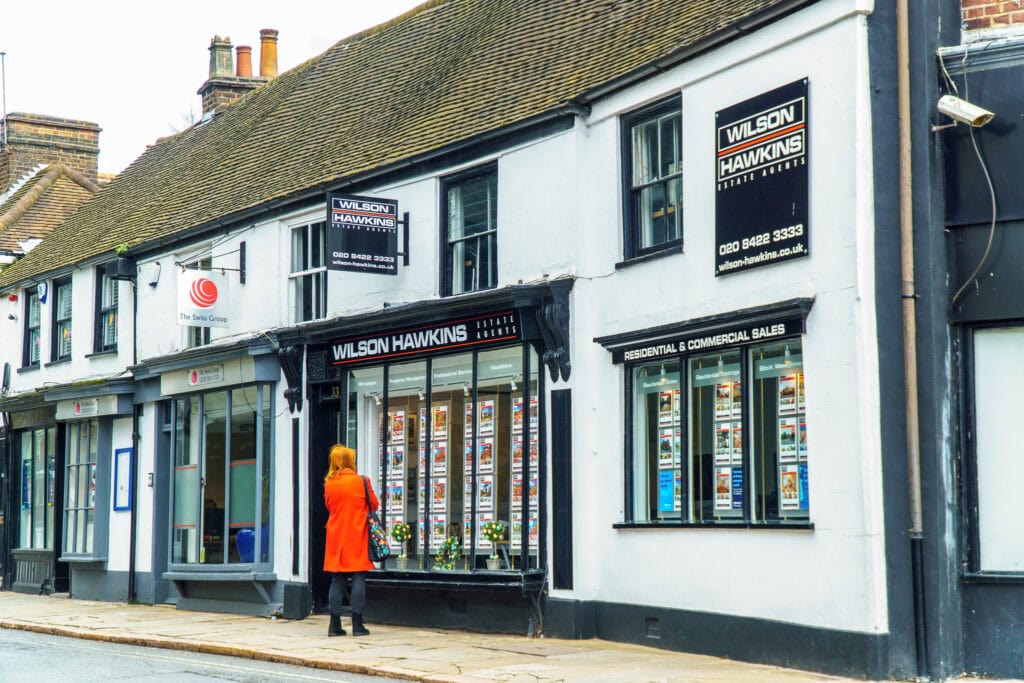1. What is the remit of a property manager?
Residential rental properties require continuous monitoring of asset conditions while also ensuring that renter’s needs are met. While this can be done by the landlord themselves it is more common to be performed by a professional property manager. Such tasks include but are not limited to:
- Maintenance & Repairs: involve the coordination of regular maintenance, emergency repairs and the general preservation and upkeep of the property and its value;
- Rent collection: Ensuring renter’s pay their rent on time;
- Compliance: Ensuring the property adheres with local laws and regulations and that property certificates are valid and relevant
- Financial Management: Managing and preparing financial records (rental statements) and covering property related bills and expenses;
- Renter Management: Screening and selecting renters, handling lease agreements, and addressing tenant concerns and disputes;
When it comes to managing blocks however the remit is wider and requires more specialised knowledge.
2. What is block management?
A “block” is defined as a purpose-built residential building with multiple flats or apartments. Converted houses or offices would also fall under this category. Block Management is therefore the administration of residential buildings and estates, typically concerning multiple units. This service is provided by a block management company, who would typically employ property managers that would have the qualification of Institute of Residential Property Managers (IRPM) to carry out a variety of complex tasks such as:
- Maintenance and Repair: Arrange routine maintenance, emergency repairs, renovation to external and internal areas, lifts, roofs and communal gardens repairs and upkeep;
- Lease Management: Overseeing the enforcement of lease agreements, ensuring that residents comply with the terms of the leases.
- Meetings and Communication: Organising and conducting meetings, such as Annual General Meetings (AGMs), quarterly Directors meetings and providing regular updates and reports on management activities.
- Insurance (building and D&O): Arranging and managing insurance policies to cover damages or liabilities related to the Block or Directors as well as assisting in claims administration.
- Legal Compliance: Ensuring the building complies with relevant laws and regulations, including H&S standards, fire safety regulations, and any other local building codes.
- Financial Management: Handling the financial aspects, such as collecting service charges or maintenance fees from residents, preparing annual budgets, dealing with arrears, managing reserve funds and keeping financial records.
3. Why do I need a block management company?
A block management company offers several benefits for the operation of your property/building. Some of the key factors on why you might need a block management company are:
- Expertise and Experience: Block Management firms effectively manage complex property duties that involve legal compliance, maintenance and financial administration.
- Time Saving: Property owners will be able to free up their time and focus on more important (and probably more profitable) matters
- Maintenance and Repairs: Property Managers will monitor and advice on resolving maintenance issues or on capital expenditures (such as lift and roof replacements, to internal and external decorations) .They will manage and liaise with contractors, surveyors and other relevant professionals, while keeping the Directors updated at each stage of the process
- Financial Management: This includes budgeting, collecting service charges, managing reserve funds, and preparing financial statements.
- Legal Compliance: They ensure that properties comply with existing laws and regulations, thereby avoiding litigation/ penalties.
- Conflict Resolution: Block management companies can act as mediators between residents and property owners, resolving disputes which quite often can expand in scope and nature and may require legal advice and intervention.
- Emergency: They ensure that a prompt response is provided at all times.
- Insurance Management: They oversee all aspects of insurance plans by providing adequate coverage and handling claims.
- Property Value improvement: The correct maintenance and management of the property will help increase its value.
FAQ
1. What are the essential tasks included in a building’s general maintenance plan?
Essential tasks in a building’s general maintenance plan include regular inspections and servicing of HVAC systems, plumbing, and electrical systems; checking and maintaining the building’s structure, including the roof and foundations; cleaning common areas and exterior surfaces; pest control; landscaping; and ensuring all safety equipment is functional.
2. How often should building maintenance checks be performed, and why is it important?
Building maintenance checks should be performed on a regular schedule: daily, weekly, monthly, quarterly, and annually, depending on the specific task. Regular maintenance checks are important to ensure the building remains safe and functional, to prevent costly repairs by identifying issues early, and to comply with legal and regulatory requirements.
3. Why do I pay Service Charge? Why do I pay Service Charge?
Your Service Charge covers proactive, corrective and preventive maintenance under your lease. It includes cleaning, general maintenance, gardening, communal lighting, building related insurance, health and safety checks and management fees.
4. How do you protect client Money?
Client money is held in accordance with Section 42 of the Landlord Tenant Act in a client account.
5. How do you prepare the Annual Service Charge (Budget)?
We look at the day-to-day needs of the block and planned and preventive maintenance.
6. What is your process of finalising a Service Charge Account?
Our Account team follow our own internal procedures and information is provided to an Independent Accountant who prepares Annual Service Charge Statements.
7. What is the difference between building insurance and contents insurance
Building insurance covers the whole building. We recommend all flat owners to have contents insurance as Building insurance does not cover contents.
8. What are the Criteria for approval of contractors ?
- Check their Relevant Accreditations
- Proof of Public Liability & Professional Indemnity insurance
- Risk assessment and Method statement (RAMS)
- Health and Safety
- Qualifications
- Budget / Accounts
9. What are the key elements to consider when preparing a budget for a building’s maintenance and operations?
- Estimating the cost of regular maintenance and repairs.
- Setting aside funds for emergency repairs.
- Including costs for utilities and services (electricity, water, waste management).
- Accounting for insurance premiums.
- Planning for major capital expenditures (roof replacement, HVAC upgrades).
- Ensuring compliance with financial regulations and maintaining transparent records.
10. How should a building manager handle discrepancies found in the building’s financial accounts?
- Investigate the source of the discrepancy thoroughly.
- Verify all entries and supporting documents.
- Correct any errors found and update the records.
- Communicate with stakeholders (leaseholders, owners, accountants) about the issue and the corrective actions taken.
- Implement stronger internal controls to prevent future discrepancies.
- Seek a financial audit if necessary to ensure accuracy and transparency.


